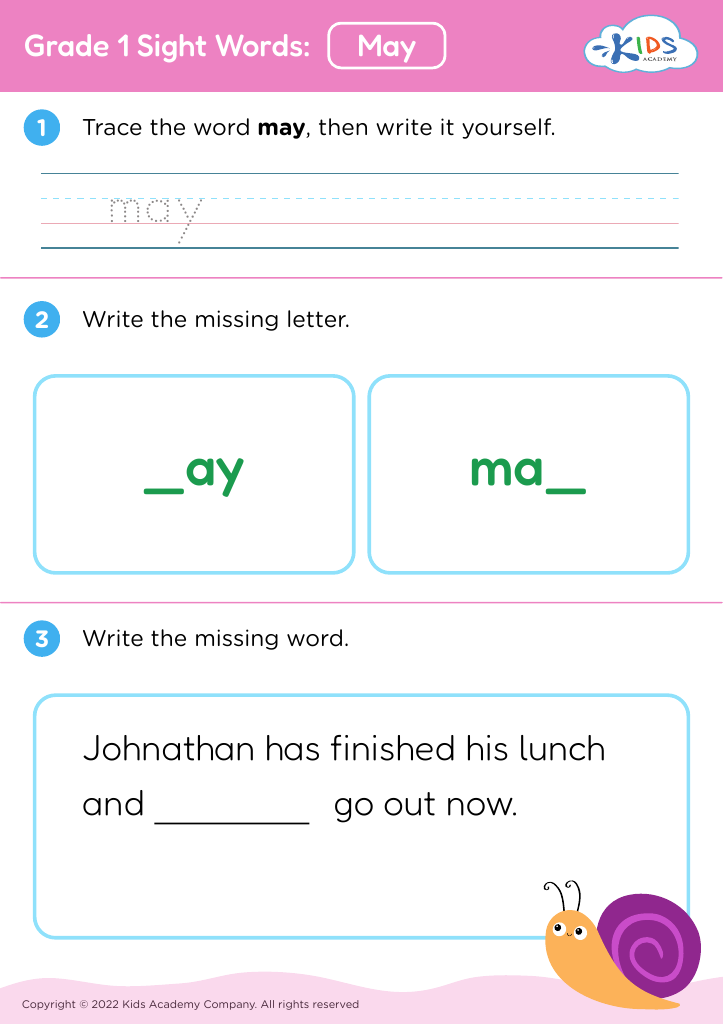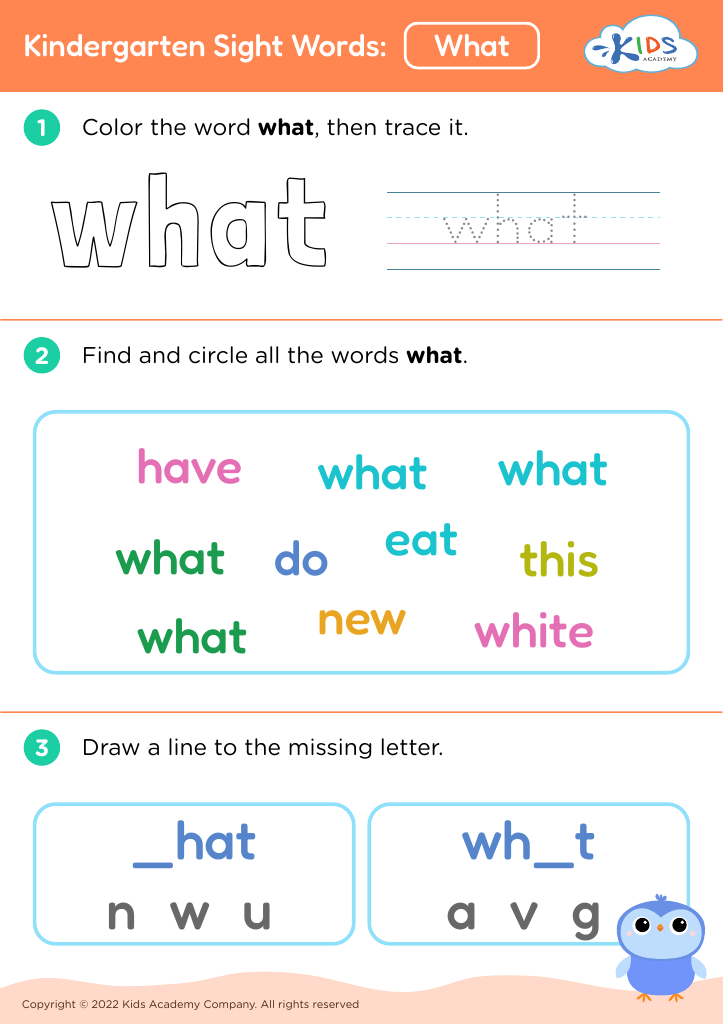Recognizing numbers Reading Worksheets for Ages 5-8
3 filtered results
-
From - To
Explore our engaging "Recognizing Numbers" reading worksheets designed specifically for ages 5-8! These resources are perfect for young learners, helping them to identify and understand numbers through fun activities. Each worksheet encourages interactive learning, reinforcing number recognition and improving foundational math skills. With colorful illustrations and age-appropriate challenges, your students will enjoy practicing their number skills while enhancing their reading comprehension. Ideal for classroom use or at-home learning, our printable worksheets cater to different learning styles, ensuring that every child can thrive. Equip your kids with the essential skills they need for future success and let the number fun begin!
Recognizing numbers is a foundational skill crucial for young learners ages 5-8, and it has significant implications for their overall academic development. First and foremost, number recognition serves as the building block for mathematical understanding. When children can identify and understand numbers, they can confidently tackle basic arithmetic operations, paving the way for more complex math concepts later on.
Moreover, this skill enhances cognitive development. It encourages critical thinking and problem-solving abilities by allowing children to interpret numerical information in various contexts. Early recognition of numbers also supports language development, as children learn to associate numbers with quantity, time, and sequences. This encourages communication skills in math discussions and everyday situations.
Parents and teachers play a critical role in fostering this skill through engaging activities, games, and nurturing curiosity about numbers in the environment. By emphasizing the importance of number recognition, adults can help children build self-esteem in their mathematical abilities, creating a lasting positive attitude towards learning.
Ultimately, recognizing numbers lays the groundwork for future success, not only in mathematics but also in life skills such as budgeting, telling time, and navigating through everyday tasks that require numerical understanding. Investing in this skill early ensures a solid educational foundation.



















